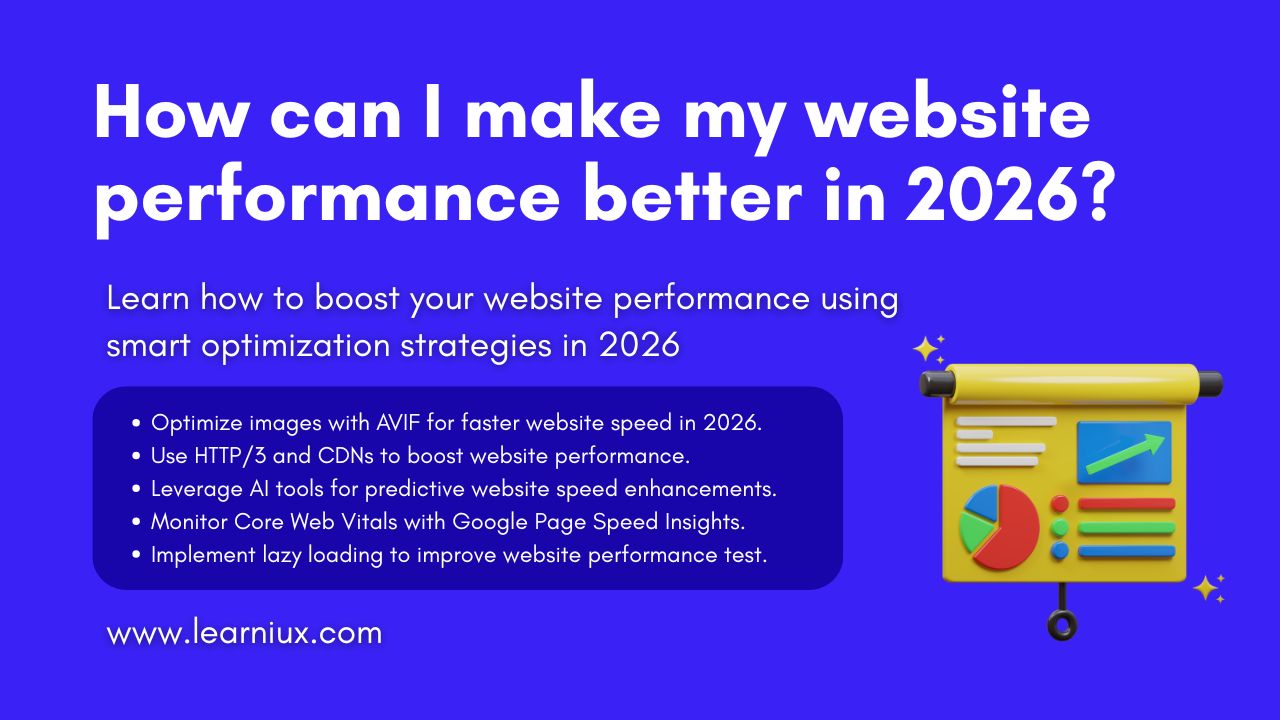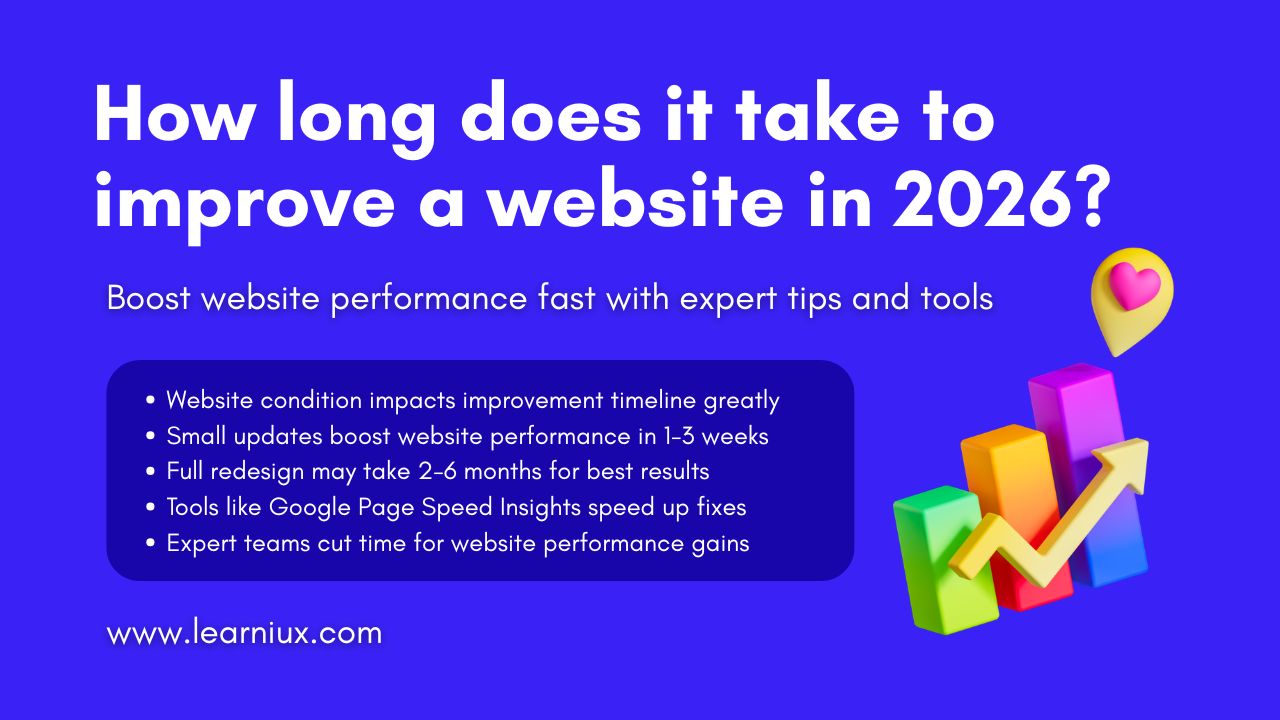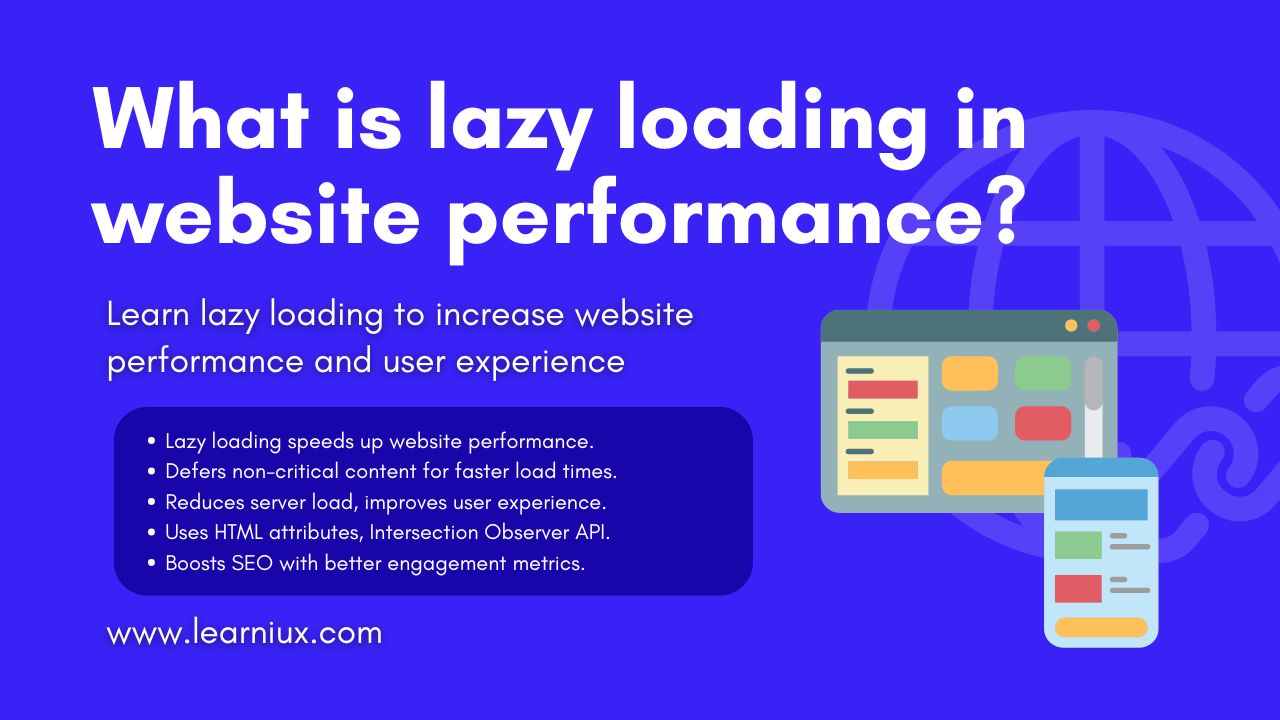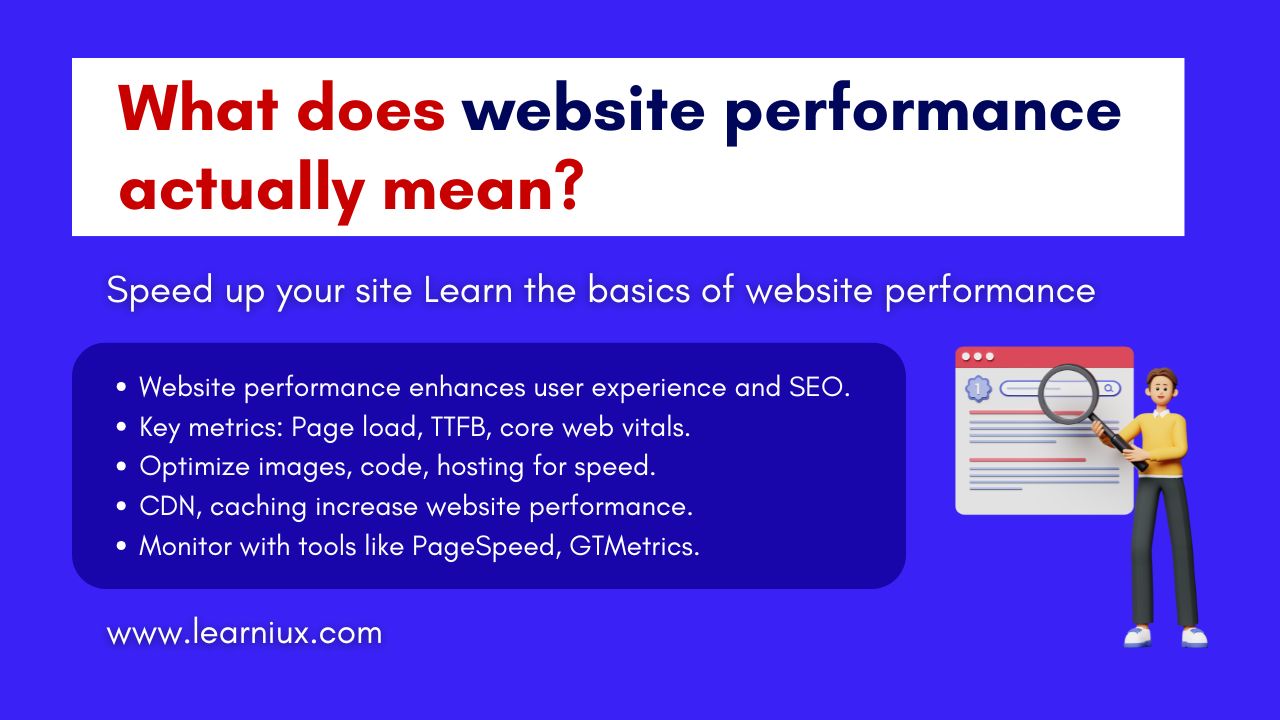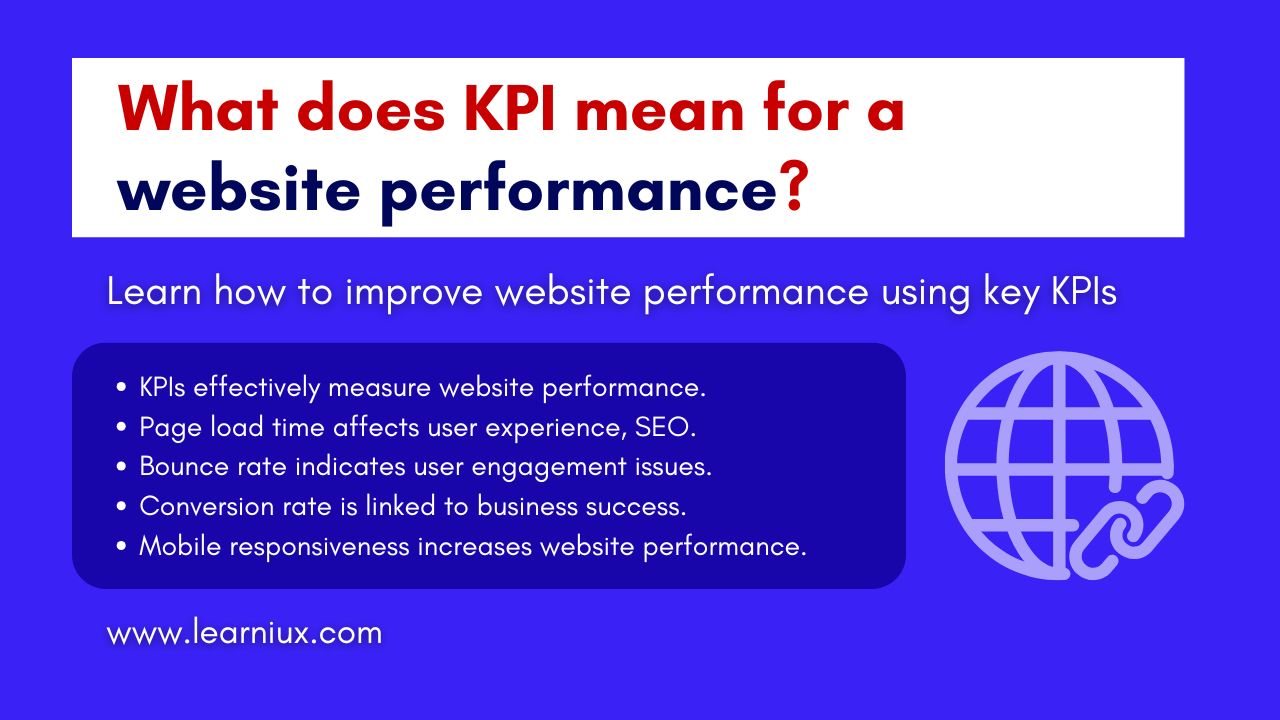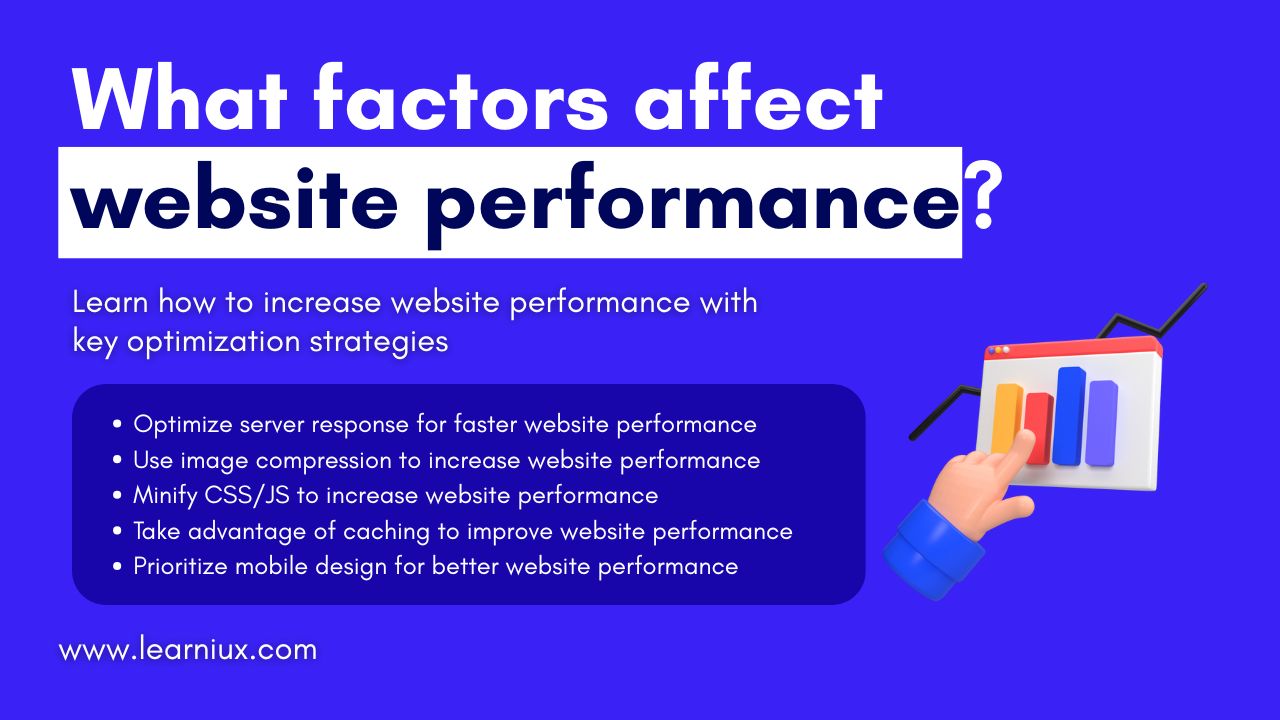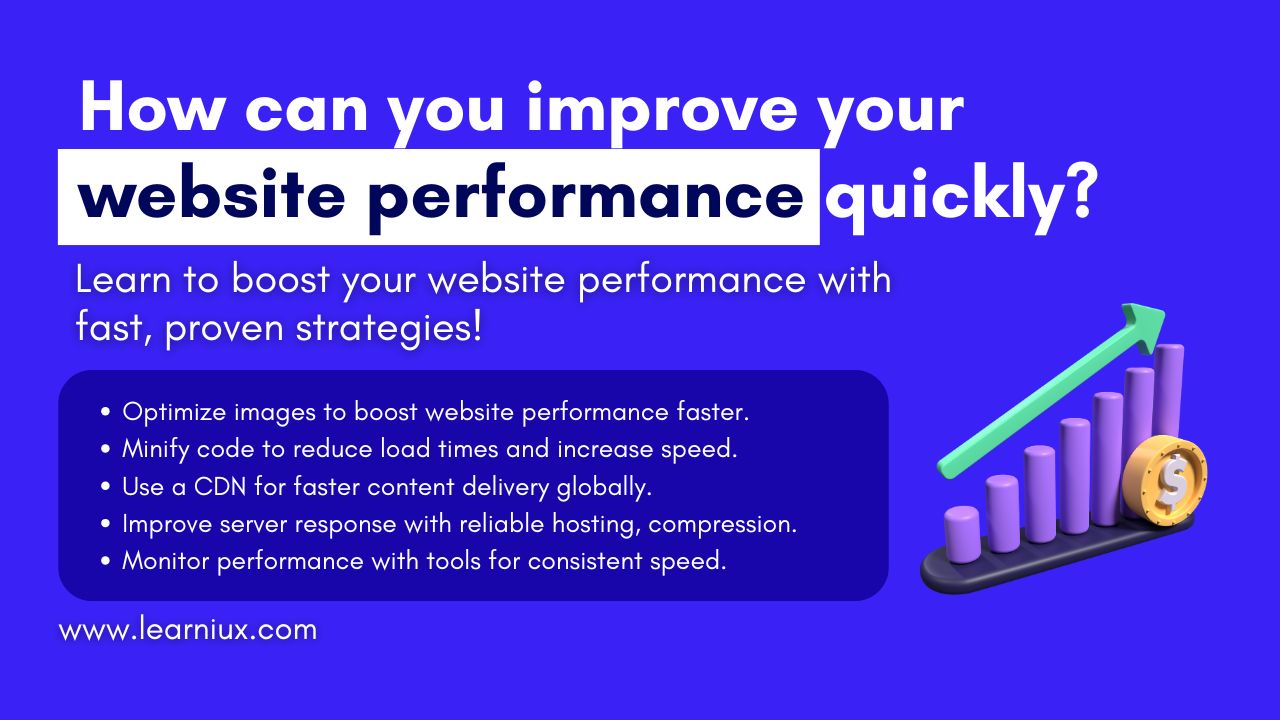How can I make my website performance better in 2026?
In 2026, achieving exceptional website performance is critical for user engagement, search engine rankings, and business success. With advances in web technology, AI-driven optimization, and user expectations for lightning-fast experiences, optimizing website speed and performance is an incredible feat. This comprehensive guide outlines actionable strategies to increase website performance in 2026, including the latest trends … Read more

